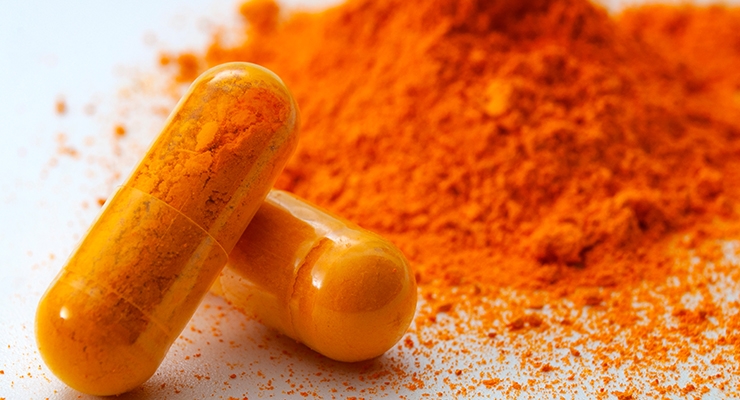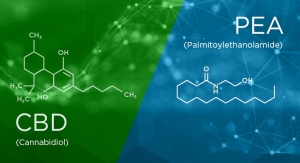09.19.19
Administration of Curcumin C3 Complex from Sabinsa, in combination with BioPerine (CBP), displayed an inhibitory effect on malignant mesothelioma (MM) cells, according to an in vitro and in vivo study published in the Journal of Experimental and Clinical Cancer Research.
MM is an aggressive form of cancer primarily associated with exposure to asbestos fibers. Long latency, non-specific clinical symptoms, and resistance to chemotherapy render MM especially dangerous.
The study, "Curcumin C3 Complex/BioPerine has antineoplastic activity in mesothelioma: an in vitro and in vivo analysis" by Francesco Di Meo et al explored the combined use of CBP in drug susceptible and drug-resistant MM cancer cell types. The researchers found that CBP worked well in synergistically impairing the cancer cell viability, cellular self-renewal ability, cell proliferation rate, and cell migration as assessed by wound-healing assay.
Onset of apoptosis of cancer cells in drug susceptible and resistant ones was also determined to occur by activation of intrinsic pathway through altered ratio of Bax/BCl2 proteins. Efficacy of CBP was further demonstrated in a xenograft model of MM. Low cancer cell proliferation (as judged by Ki-67 levels), higher TUNEL score indicating enhanced apoptosis, and reduced angiogenesis in tumor cells were noted in the animal graft study.
The authors noted that it might be possible to include CBP administration with drug regimens for MM similar to an earlier colorectal cancer study of FOLFOX with C3 Complex (Journal of Nutrition).
“Research suggesting that utilization of our flagship ingredients in combination with standard pharmacological therapies may pave the way to developing alternative and more effective treatment regimens for MM is encouraging, as its prognosis, at present, remains poor,” said Dr. Muhammed Majeed, Sabinsa’s founder. “We continue to be gratified that researchers throughout the world are investigating our Curcumin C3 Complex and BioPerine for advances such as this.”
MM is an aggressive form of cancer primarily associated with exposure to asbestos fibers. Long latency, non-specific clinical symptoms, and resistance to chemotherapy render MM especially dangerous.
The study, "Curcumin C3 Complex/BioPerine has antineoplastic activity in mesothelioma: an in vitro and in vivo analysis" by Francesco Di Meo et al explored the combined use of CBP in drug susceptible and drug-resistant MM cancer cell types. The researchers found that CBP worked well in synergistically impairing the cancer cell viability, cellular self-renewal ability, cell proliferation rate, and cell migration as assessed by wound-healing assay.
Onset of apoptosis of cancer cells in drug susceptible and resistant ones was also determined to occur by activation of intrinsic pathway through altered ratio of Bax/BCl2 proteins. Efficacy of CBP was further demonstrated in a xenograft model of MM. Low cancer cell proliferation (as judged by Ki-67 levels), higher TUNEL score indicating enhanced apoptosis, and reduced angiogenesis in tumor cells were noted in the animal graft study.
The authors noted that it might be possible to include CBP administration with drug regimens for MM similar to an earlier colorectal cancer study of FOLFOX with C3 Complex (Journal of Nutrition).
“Research suggesting that utilization of our flagship ingredients in combination with standard pharmacological therapies may pave the way to developing alternative and more effective treatment regimens for MM is encouraging, as its prognosis, at present, remains poor,” said Dr. Muhammed Majeed, Sabinsa’s founder. “We continue to be gratified that researchers throughout the world are investigating our Curcumin C3 Complex and BioPerine for advances such as this.”

























